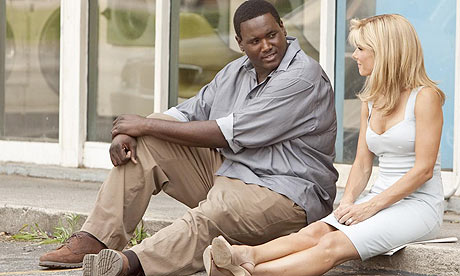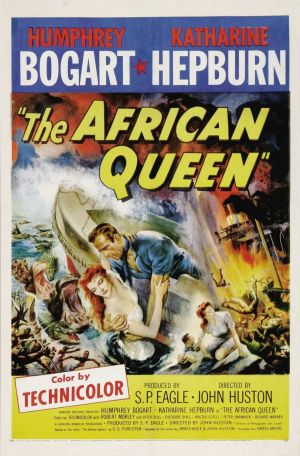Conan the Barbarian (John Milius, 1982) -

I'm not a comic book fan. I don't say this to attack all of you who are, but what I'm trying to say is that I've never actually bought a comic book in my life. Now, I've also never bought any marijuana in my entire life, but it always seems to be available to me, and in that same manner, comic books have always been available. Conan never meant anything to me, but it meant a helluva lot to my H.P. Lovecraft-loving brother, so of course, we immediately went out and watched the Sneak Preview of this flick. Sure, I loved it. The beginning was reminiscent of the attack on the ice lake in Alexander Nevsky and Basil Poledouris' score, which is definitely one of my three fave (along with Morricone's Days of Heaven and Moross's The Big Country) is highly-reminiscent of Prokofiev's groundbreaking Nevsky score. The film is an opera in the same way that Once Upon a Time in the West is an opera. Who needs dialogue when the visuals and the music can tell the story so much better? Oliver Stone wrote a script which was deemed acceptable, but director Milius, who co-wrote Apocalypse Now, decided to make it more realistic and less fantasy. Therefore, he probably made it less-"Conan".
Anyway, Conan the Barbarian is a legit film to me; it's not a comic book and it's not a prequel to the silly Conan the Destroyer. I realize that many people accuse this Conan film of being WAY TOO serious, but then again, others say it's WAY TOO silly, and that's just completely unfair. I find it a perfect reflection of its time. It came out at the same time as Excalibur, Dragonslayer, Clash of the Titans, etc., but it was all about this kid whose family was killed by a marauding KING of an alternate universe who didn't bother to take him under his wing as so many conquerors do. Instead, Thulsa Doom (the menacing, hypnotic James Earl Jones) just leaves him to be tortured for most of his life, and of course, that turns out to be Thulsa Doom's fatal flaw. Even if Milius doesn't admit it in the special features, I find the ending of Conan the Barbarian to be Milius's way of trying to improve upon Coppola's ending of Apocalypse Now, and he succeeds because the ending of Apocalypse Now pretty much relegates THAT film to the state of mediocre. HA! Here, I'm going to say it: Conan the Barbarian is both less-pretentious and more-successful than Apocalypse Now. YOWZA!

I'm not a comic book fan. I don't say this to attack all of you who are, but what I'm trying to say is that I've never actually bought a comic book in my life. Now, I've also never bought any marijuana in my entire life, but it always seems to be available to me, and in that same manner, comic books have always been available. Conan never meant anything to me, but it meant a helluva lot to my H.P. Lovecraft-loving brother, so of course, we immediately went out and watched the Sneak Preview of this flick. Sure, I loved it. The beginning was reminiscent of the attack on the ice lake in Alexander Nevsky and Basil Poledouris' score, which is definitely one of my three fave (along with Morricone's Days of Heaven and Moross's The Big Country) is highly-reminiscent of Prokofiev's groundbreaking Nevsky score. The film is an opera in the same way that Once Upon a Time in the West is an opera. Who needs dialogue when the visuals and the music can tell the story so much better? Oliver Stone wrote a script which was deemed acceptable, but director Milius, who co-wrote Apocalypse Now, decided to make it more realistic and less fantasy. Therefore, he probably made it less-"Conan".
Anyway, Conan the Barbarian is a legit film to me; it's not a comic book and it's not a prequel to the silly Conan the Destroyer. I realize that many people accuse this Conan film of being WAY TOO serious, but then again, others say it's WAY TOO silly, and that's just completely unfair. I find it a perfect reflection of its time. It came out at the same time as Excalibur, Dragonslayer, Clash of the Titans, etc., but it was all about this kid whose family was killed by a marauding KING of an alternate universe who didn't bother to take him under his wing as so many conquerors do. Instead, Thulsa Doom (the menacing, hypnotic James Earl Jones) just leaves him to be tortured for most of his life, and of course, that turns out to be Thulsa Doom's fatal flaw. Even if Milius doesn't admit it in the special features, I find the ending of Conan the Barbarian to be Milius's way of trying to improve upon Coppola's ending of Apocalypse Now, and he succeeds because the ending of Apocalypse Now pretty much relegates THAT film to the state of mediocre. HA! Here, I'm going to say it: Conan the Barbarian is both less-pretentious and more-successful than Apocalypse Now. YOWZA!
__________________
It's what you learn after you know it all that counts. - John Wooden
My IMDb page
It's what you learn after you know it all that counts. - John Wooden
My IMDb page
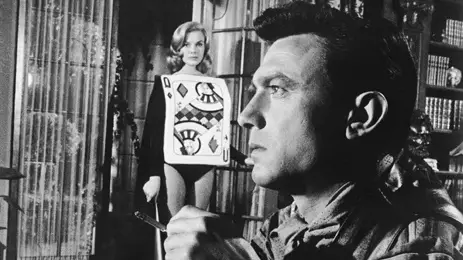
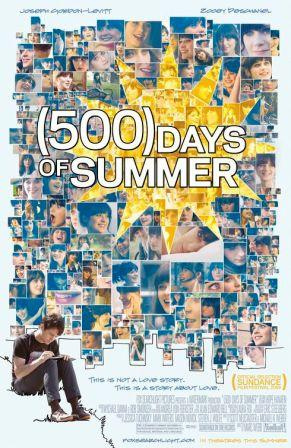

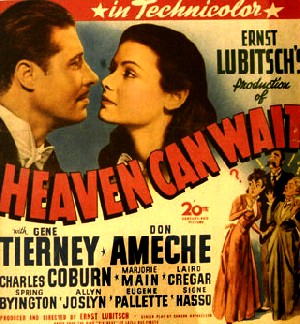

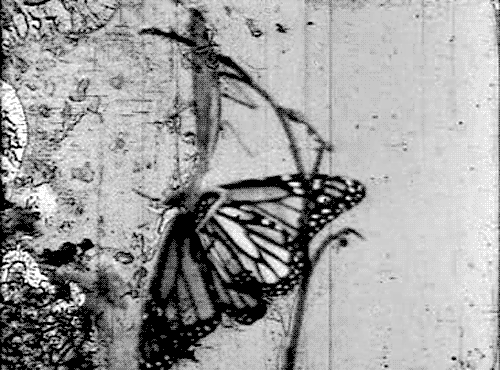
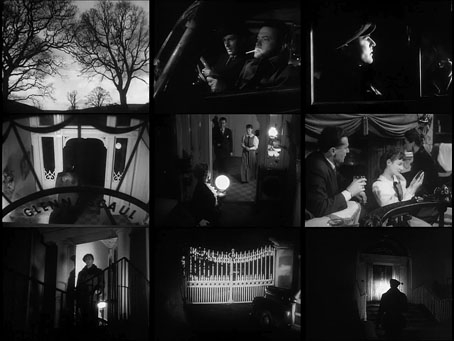





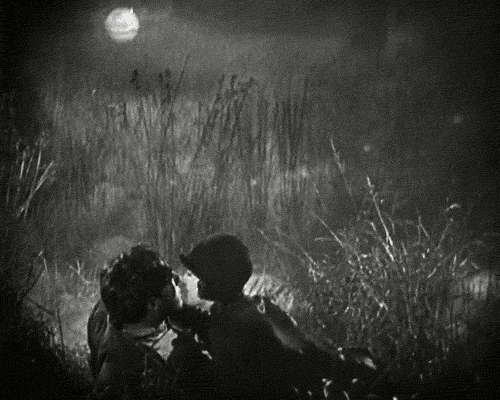





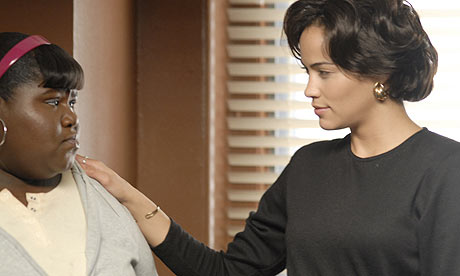

 I didn't know you loved Conan so much. I've loved that movie since the day I snuck in to see it at the movie theater.
I didn't know you loved Conan so much. I've loved that movie since the day I snuck in to see it at the movie theater.

